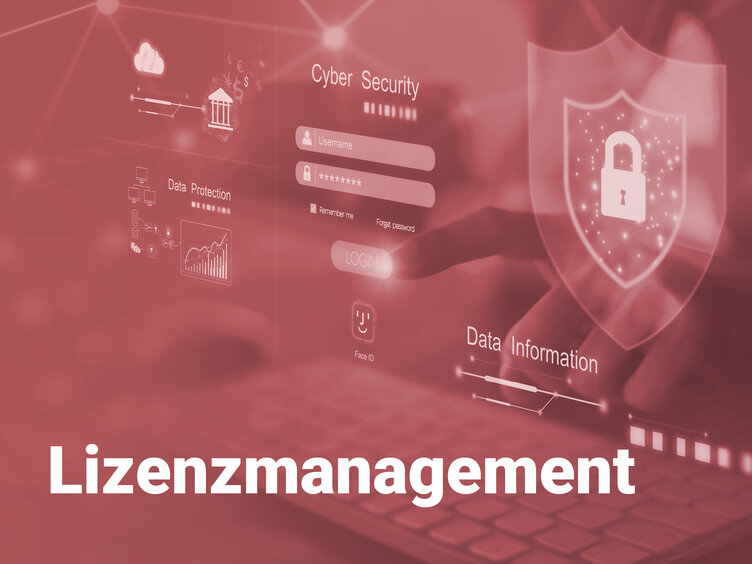License management in the context of software protection and license management systems
License management refers to the systematic administration, control and optimization of software licenses within an organization. It covers the entire life cycle of digital assets - from procurement to use and retirement. The aim is the cost-optimized, compliant and security-oriented use of software solutions.
In the context of software protection systems, it serves as a bridge between legal contractual conditions (e.g. end user license agreements) and technical implementations such as licens
Importance and objectives in the context of software protection
Why license management is indispensable in 2025:
- Compliance assurance: avoidance of contractual penalties through automated monitoring of license usage.
- Cost control: Identification of superfluous licenses and reduction of “shadow IT” costs.
- Security optimization: Blocking unauthorized software that harbors malware risks.
- Future-proofing: adapting to trends such as hybrid cloud licenses or AI-supported usage forecasts.
Central element of a license management system
| Element | Function |
| Protection mechanisms | Technical protection against piracy (e.g. hardware-based or software-based licenses) |
Factors influencing license management
Challenges 2025:
- Complex license models: Cloud subscriptions vs. perpetual licenses.
- GDPR requirements: Proof of data protection-compliant use of licensed tools.
- Remote work: decentralized use requires mobile license pools.
- AI integration: Predictive analytics to avoid under/over-licensing.
Benefits for companies and users
Operational benefits:
- Cost reduction through optimized license allocation (Gartner, 2025).
- Reduction of audit risks via automated documentation.
- Faster onboarding processes thanks to central license management.
Strategic advantages:
- Future proofing: scalable systems for SaaS and IoT licenses.
- Competitive advantage: freeing up resources for innovation instead of license chaos.
Future trends 2025/26
- AI-driven license optimization: Tools such as Zluri use machine learning to predict usage patterns.
- Blockchain-based licenses: Counterfeit-proof smart contracts for critical infrastructures.
- EU Cyber Resilience Act: New compliance requirements for license tracking.
Conclusion
License management is not an option in 2025, but a basic requirement for digital sovereignty. It protects against financial risks, enables agile IT strategies and will become a driver of innovation thanks to AI/ML. Companies that invest here will secure their long-term competitiveness - especially in the environment of hybrid working models and complex cloud ecosystems.
Author:
Steffen Kätsch
Senior Support Engineer / Consultant License Management
Education: FH Jena
Expertise: License Management Software Licensing Software Protection IT Compliance Digital Rights Management
